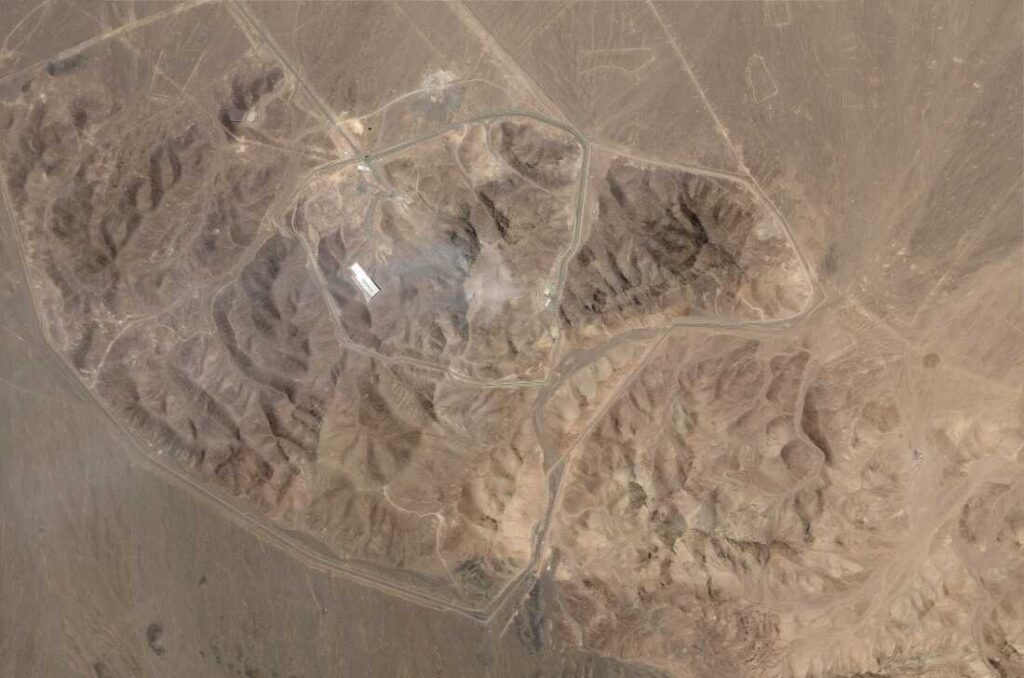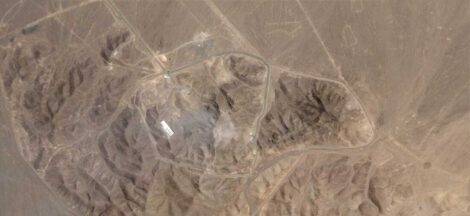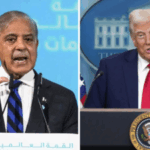Three residents of Be’er Sheva were killed when an Iranian missile struck a residential building early Tuesday, even as a US-brokered ceasefire was announced by President Donald Trump. The attack shattered fragile hopes of ending the 12-day cross-border fire exchange that has exacted a heavy toll on both Iran and Israel.
City emergency services confirmed three fatalities and multiple injuries following the building hit, which sparked alarms across southern Israel. The Iran–Israel war, triggered by the earlier Israeli strike on Tehran’s nuclear facilities, has entered a new and volatile chapter.
Trump declared on Monday evening that Iran and Israel had agreed to a “complete and total” ceasefire, to take effect in stages—first Iran halting strikes, followed by Israel twelve hours later. He hailed the accord as historic, although Iranian Foreign Minister Abbas Araghchi later clarified that Tehran had not formally committed to a ceasefire agreement.
Defense analysts report that Iran launched a new salvo of ballistic missiles overnight, targeting both military and civilian sites, including hospitals. Be’er Sheva was among the southern cities hit—residents report shelter sirens wailing before the missile struck.
This escalation came hours after Trump’s announcement, which followed a period of intense military exchanges. Over a dozen missile waves had passed between the nations since Israel’s June 13 offensive began, centred on Iranian nuclear sites allegedly found to be in violation of the IAEA’s safeguards.
Within Iran, the Supreme Leader Ayatollah Ali Khamenei retains decisive authority over military action; state media cited his directives for the missile campaign. The Revolutionary Guard Corps has asserted the right to continue responding if Israel does not observe the ceasefire.
In Israel, Prime Minister Benjamin Netanyahu and Defence Minister Israel Katz emphasised preparedness to retaliate. Katz asserted that Iran’s leadership would be held to account, implying threats towards Khamenei. The military remains on high alert, with depleted airspace closures and escalated threat levels evident in both surveillance and civil defence infrastructure.
International actors have reacted with alarm. China warned of the “spill‑over of war” risks to the wider Middle East, while regional air traffic experienced further interruptions in response to missile trajectories. Dubai, Qatar and Jordan also recorded siren alerts and temporary airspace restrictions.
Public opinion in Israel remains sharply divided. Some support the offensive as vital to national security; others call for diplomatic resolution amid mounting civilian casualties. Analysts warn that the attack on Be’er Sheva, a city far from Iran’s direct military targets, could further inflame domestic tensions and erode confidence in the ceasefire’s durability.
Iran’s military strategy has shifted recently, moving from large-scale barrages to more targeted missile strikes, as part of what some defence experts describe as an attempt to limit resource depletion while maintaining strategic pressure.
The UN Secretary-General and several Western governments have urgently appealed for restraint, urging both nations to revert to dialogue. Despite these calls, patterns on the ground suggest each side remains locked in military decision-making, with limited trust accrued through uncertainty over the ceasefire’s implementation.
Be’er Sheva, a city of nearly 220,000 known for its mixed civilian–military population, has witnessed intermittent strikes during this conflict cycle. Last week, a missile barrage damaged hospital infrastructure, further straining public morale and healthcare capacity.
Meanwhile, Tehran continues to deny any intent to escalate beyond measured defence, stating that missile launches are calibrated responses to Israeli aggression. The IRGC emphasises that the attacks are reversible, pending reciprocal Israeli cessation of its strikes.
Diplomatic sources indicate Qatar played a mediating role in the ceasefire announcement; however, both Israel and Iran have yet to issue formal confirmations. With Trump’s declaration lacking independent verification, observers caution that the latest exchange may mark not a peaceful turn, but a strategic pause within a prolonged confrontation.
Civilians in Be’er Sheva and beyond now face the grim reality that, despite high-level pronouncements, the war’s trajectory remains unpredictable and lethal. Government offices in Jerusalem are expected to reassess civil protection protocols today, as resilience measures are scaled up to brace for possible new missile waves.




 Islamabad Scales Back Response After US Strikes
Islamabad Scales Back Response After US Strikes 